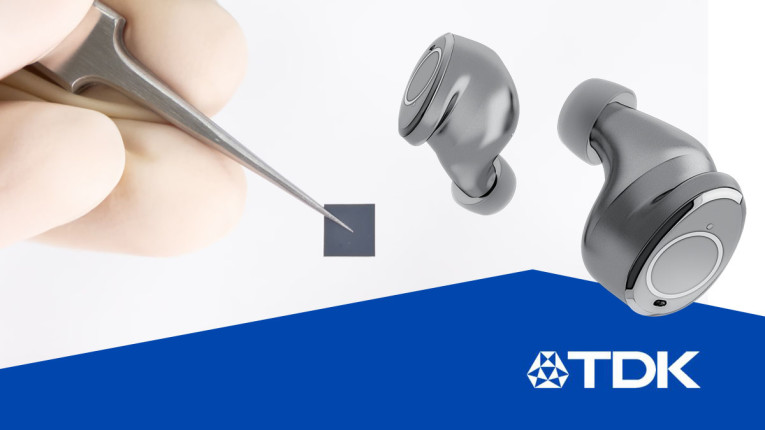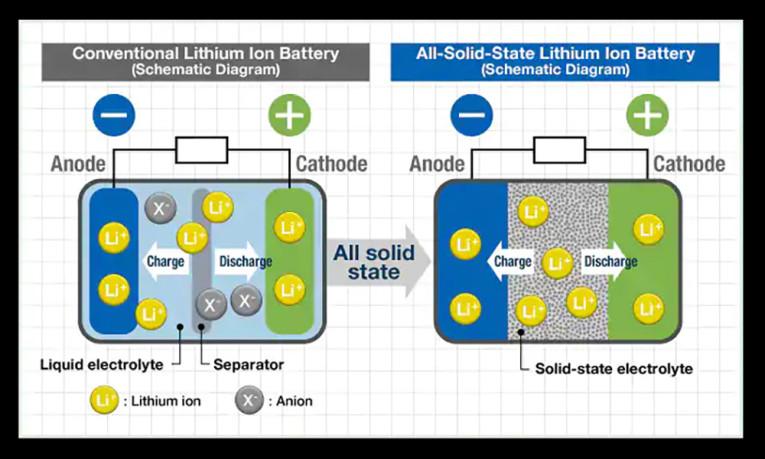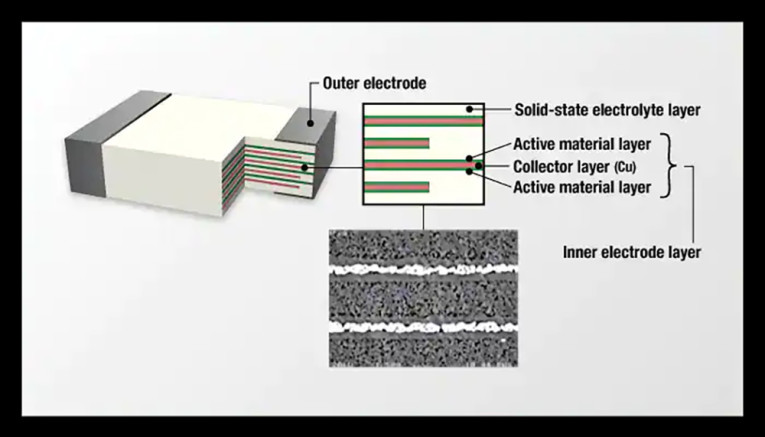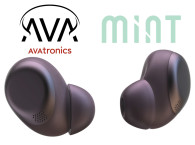
The development of solid-state batteries — an alternative to conventional lithium-ion batteries — is currently underway all around the world. These next-generation batteries feature superior safety, high reliability and longer lifespan by using stable, nonflammable and solid electrolyte material instead of liquid, which eliminates the risk of leakage and fire. TDK already succeeded in commercializing CeraCharge, the world’s first all-ceramic, solid-state SMD1 battery as an emerging choice for implementation in a wide variety of consumer and connected devices.
Bringing to market a solid-state battery boasting an energy density 100 times higher than previous solid-state batteries would be a revolutionary achievement, ideal to power true wireless earbuds, hearing aids, smartwatches, and low power connected devices, replacing traditional coin cell and rechargeable batteries.
TDK adds that the company is pushing forward to mass production, aiming to enhance battery capacity with multi-layer lamination technology and extend the operating temperature range using their advanced production engineering. Using an oxide-based solid electrolyte and lithium alloy anodes, these batteries are not only powerful but also extremely safe for devices that come into direct contact with the human body.

TDK also aims to enhance the capacity of its CeraCharge batteries through multi-layer lamination technology and expand its operating temperature range by applying the production engineering technology TDK has accumulated in the electronic components business.
TDK Corporation is based in Tokyo, Japan and was established in 1935 to commercialize ferrite, a key material in electronic and magnetic products. TDK's comprehensive portfolio today features passive components such as ceramic, aluminum electrolytic and film capacitors, as well as magnetics, high-frequency, and piezo and protection devices. The product spectrum also includes sensors and sensor systems such as temperature and pressure, magnetic, and MEMS sensors. In addition, TDK provides power supplies and energy devices, magnetic heads and more. These products are marketed under the product brands TDK, EPCOS, InvenSense, Micronas, Tronics and TDK-Lambda.
www.tdk.com










